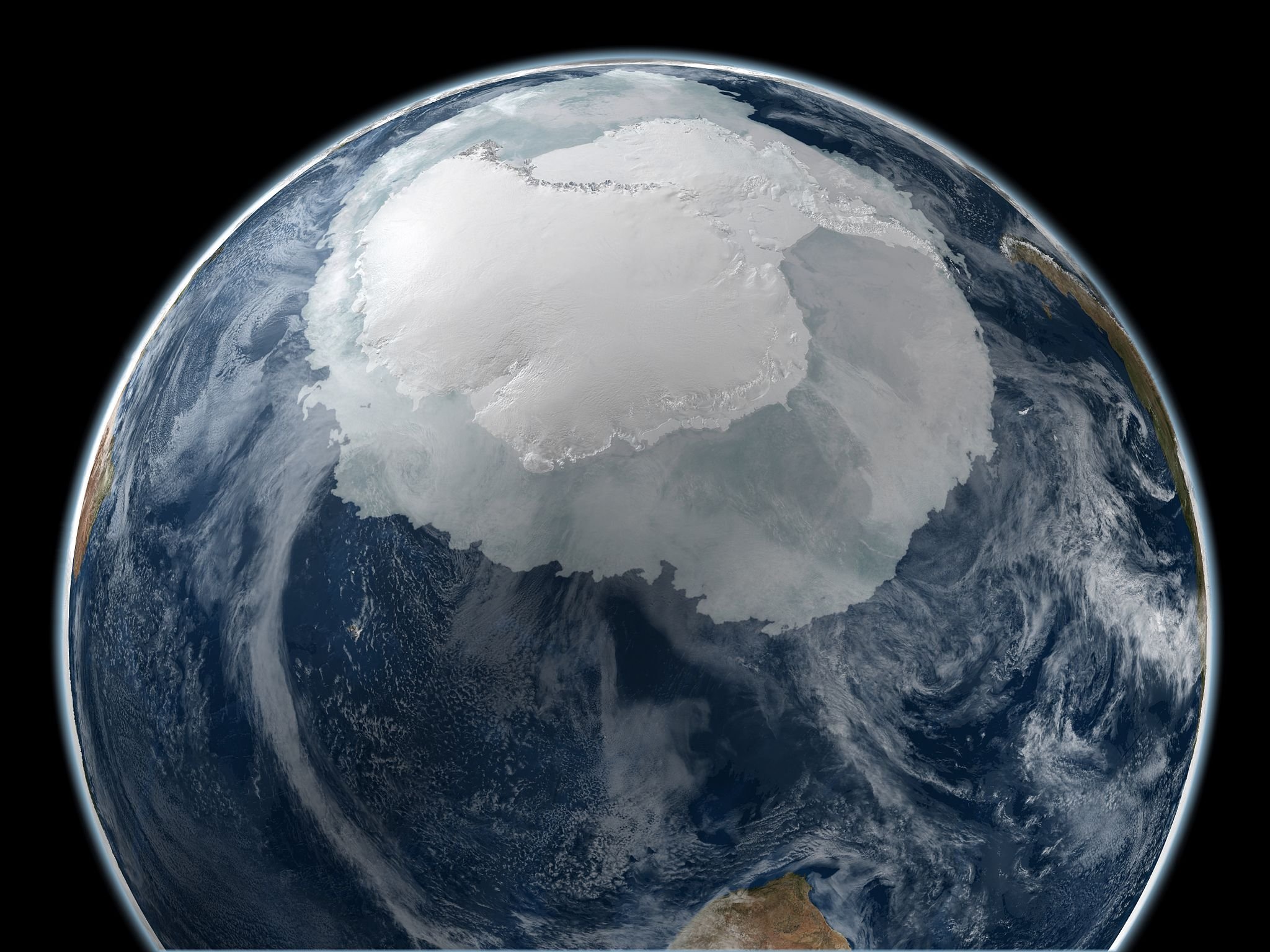African penguins are heading towards extinction – here’s how we can save them
The science is clear: the African penguin is likely to be functionally extinct on the west coast in less than 15 years, unless we take immediate action.
There’s a magical moment of transition when a penguin crosses from land to water. Earth-bound, they are slow and cumbersome; as soon as they enter the ocean, they become sleek and agile, diving with torpedo precision to forage for life-sustaining fish. That is, assuming there are fish to be had.
Last week I drove out to Stony Point near Hermanus to assist the Southern African Foundation for the Conservation of Coastal Birds (Sanccob) with a release of rehabilitated African penguins. As I opened one box and watched its eager occupant waddle towards the water, fat and glossy with good health, I was struck by the difference between him and some of the resident birds.
I heard the despair in Sanccob marine scientist Lauren Waller’s voice as she pointed out birds that likely wouldn’t make it through the next few days. I’ve visited penguin colonies all over the southern hemisphere, but until now, I’ve never seen a starving penguin. It was eerily reminiscent of the malnourished polar bears I’ve seen in the north.
Read our three-point plan to avert disaster here.
Lewis Pugh is an endurance swimmer and the UN Patron of the Oceans.
For three decades he has swum in the most vulnerable ecosystems, in particular the Polar Regions, to call for their protection.

